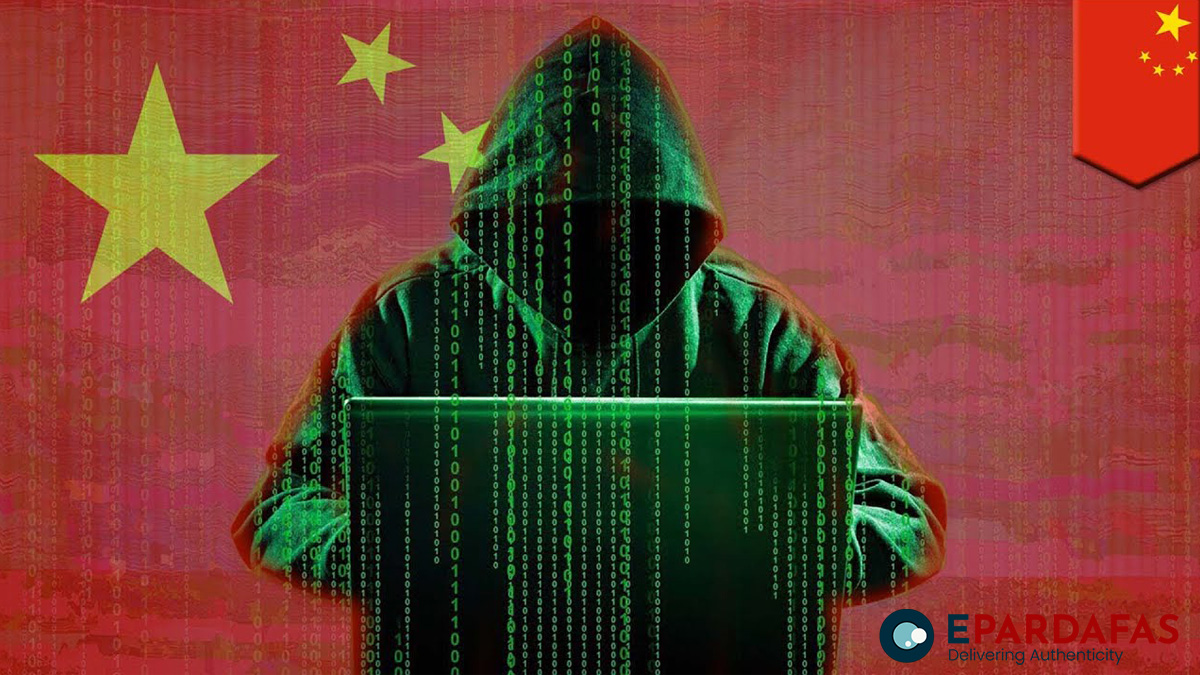
Microsoft Calls for Global Action as China, Russia, and Iran Escalate State-Sponsored Cyber Threats
Microsoft is urging the United States and its allies to collaborate in deterring state-backed cybercriminals, as adversaries such as Russia, China, and Iran increasingly rely on hackers who face no “meaningful consequences” for their actions.
In its annual digital threats report, released on Oct. 15, Microsoft revealed that between July 2023 and June 2024, its customers experienced more than 600 million cyber incidents daily. The report highlights the blurring lines between cybercriminal groups and state-directed activities, with hackers now advancing the strategic goals of nation-states, including espionage and destabilization efforts.
Cybercriminals Advancing Nation-State Agendas
Russia has reportedly outsourced some of its cyber espionage as its war in Ukraine drags on. For example, a suspected Russian-aligned cybercriminal group hacked over 50 Ukrainian military devices in June without any financial motive, suggesting their involvement in Russian military operations.
North Korea was also spotlighted for deploying a new ransomware variant, “FakePenny,” targeting aerospace and defense organizations. This campaign was seen as both an intelligence-gathering mission and a money-making scheme.
Meanwhile, Iranian hackers targeted Israeli dating websites, breaching personal data and demanding fees to remove users’ information. Microsoft linked these actions to Iran’s Islamic Revolutionary Guard Corps.
China’s Influence Campaigns
China’s Communist Party (CCP) has ramped up its cyber operations ahead of elections in Taiwan and the United States. Microsoft noted that the CCP has become more emboldened following its influence campaign during the 2022 U.S. midterm elections. In one case, a CCP-linked actor circulated a fake AI-generated audio clip falsely portraying Taiwanese presidential candidate Terry Gou endorsing another candidate.
China also used social media campaigns amid protests on U.S. college campuses related to the Gaza War, infiltrating both right-wing and left-wing groups to sow discord.
Election Interference and the Global Threat
Russia, Iran, and China are all increasing cyber activities to create political chaos in the lead-up to the U.S. elections on Nov. 5. These nation-states have been using AI-generated content on fake news sites and social media to spread divisive messaging targeting American voters.
“The persistence of these adversarial state operations throughout 2024 highlights the critical challenge they pose to U.S. national security,” the report warned.
Call for Stronger Deterrents
Microsoft recommends expanding sanctions lists and publicly attributing cyberattacks to specific nations as collective countermeasures. However, the effectiveness of sanctions remains in question as hackers from Russia, North Korea, and China continue to operate in cyberspace, often with impunity.
While state-sponsored cyberattacks continue to grow, Microsoft calls for stronger international collaboration to hold perpetrators accountable and safeguard democratic institutions.
- Light Rainfall Forecasted in Koshi and Gandaki Regions Today
- Nepal’s Trade Deficit Surpasses Rs 460 Billion in First Four Months of Fiscal Year
- Indian Army Chief General Upendra Dwivedi Visits Muktinath Temple and Nepal Army’s Western Division Headquarters
- Indian Army Chief Visits Pokhara, Honors Gorkha Veterans and Gallantry Awardees













Comments